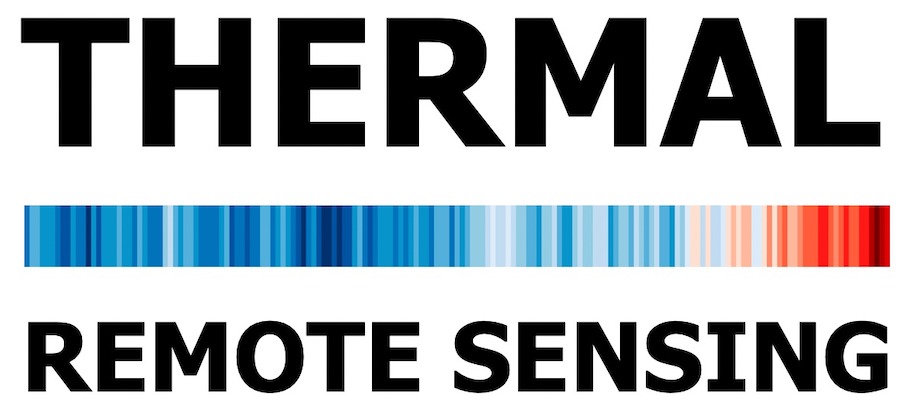Written by: Alexandra Hurduc (Instituto Português do Mar e da Atmosfera)
From July 7th to 11th, I attended the 12th International Conference on Urban Climate in Rotterdam. The event brought together the global Urban Climate community to explore the latest research, methodologies, and solutions for understanding and managing urban climates. The conference was a success, with sessions covering a wide range of topics, from remote sensing to urban health, and urban energy transitions. As a disclaimer, my main interests lie in remote sensing and ML/AI, so I gravitated towards sessions in these areas, meaning my perspective here might be a bit skewed toward algorithms and satellite data!
The remote sensing sessions were a definite highlight, with valuable insights and strong representation from experts in the field. During the ML/AI sessions, a range of methodologies were presented in the direction of improving the quality of life in urban environments. Key discussions revolved around air temperature and thermal urban comfort, with strong interests in techniques for mapping these at high temporal and spatial resolution.
A key takeaway from the ML/AI session was the need for greater collaboration in the ML/AI + Urban Climate community. To support this, a mailing list is being created. If you’re interested in joining, please use the QR code below.
The keynotes were another standout. I especially enjoyed Edward Ng’s engaging presentation, where he walked us through his journey from architecture into climate-driven urban planning, a great reminder of how interdisciplinary and people-oriented this work really is.
One recurring topic throughout the sessions was the preparation of the IPCC Special Report on Climate Change and Cities. There was a strong emphasis on the importance of global representativity in scientific publications.
Overall, ICUC12 was a fantastic opportunity to exchange ideas about urban climate not only with the scientific community but also with professionals in urban planning, particularly during the poster sessions.
From a thermal Earth observation perspective, some of the key needs identified were improving dataset resolution (both spatial and temporal), refining air temperature estimation, and ensuring that developing countries are better represented in research efforts. Big challenges, no doubt… but also, areas full of opportunity.
All in all, ICUC12 was an inspiring experience. I left Rotterdam with a fresh wave of ideas, a notebook full of scribbles, and a photo with (almost!) all the participants to remember this energizing week.



Leave a Reply